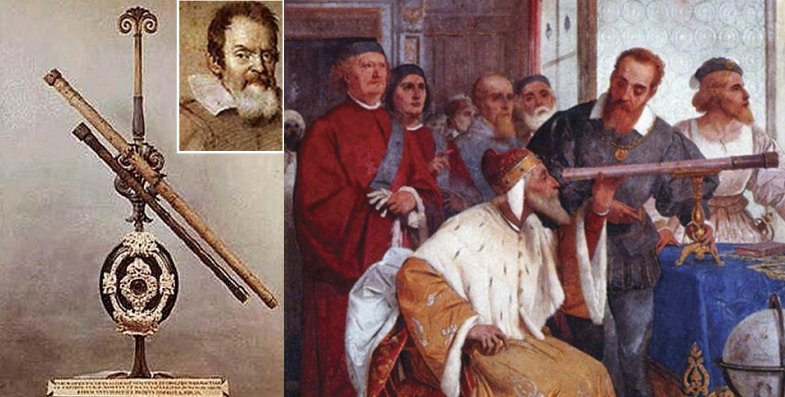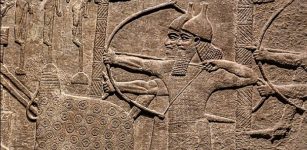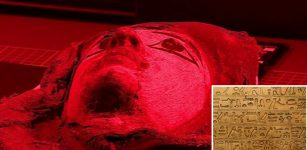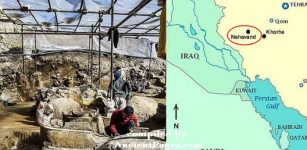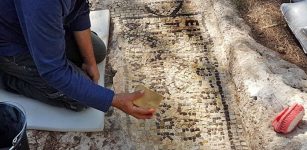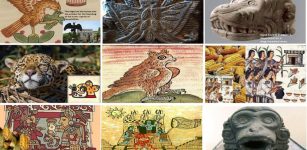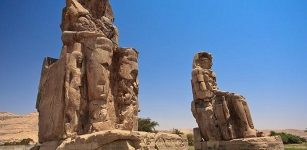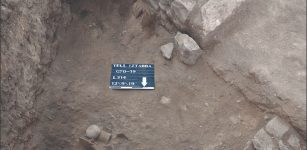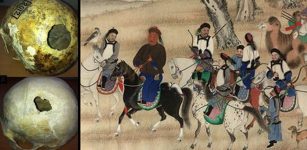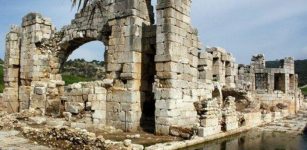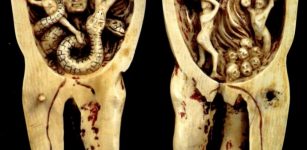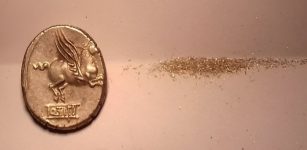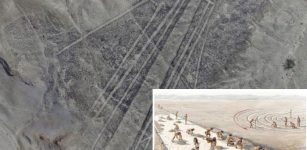On This Day In History: Galilei Galileo Demonstrates His First Telescope – August 25, 1609
AncientPages.com - On 25 August 1609, precisely 410 years ago today, the Italian astronomer and philosopher Galilei Galileo showed Venetian merchants his new invention, a telescope, an important instrument to observe the sky.
This invention made him famous much later, but it also brought him many troubles.
Galileo showing the Doge of Venice how to use the telescope (fresco by Giuseppe Bertini). Image credit: - Public Domain
His early telescope that Galileo was demonstrating to Venetian lawmakers, had a magnification of about 8 or 9. His telescopes were also a profitable sideline for Galileo, who sold them to merchants who found them helpful at sea and as trade items. He published his initial telescopic astronomical observations in March 1610.
Galileo's eight-powered telescope and the more powerful models he soon produced, when pointed skywards, gave a fascinating image of the night sky.
The moon was not, as long believed, completely smooth, and a planet, Jupiter had moons.
As was earlier predicted, Galileo's discoveries were not best welcomed by the Catholic church, and he spent the final decade of his life under house arrest.
Galileo demonstrated one of his early telescopes to Venetian lawmakers with a magnification of about 8 or 9. His telescopes were also a profitable sideline for Galileo, who sold them to merchants who found them useful both at sea and as items of trade. He published his initial telescopic astronomical observations in March 1610.
Galileo’s eight-powered telescope and the more powerful models he soon produced, when pointed skywards, gave the fascinating image of the night sky.
The moon was not, as long believed, completely smooth. Another planet, Jupiter, also had moons. Meanwhile, Venus showed a range of moon-like phases, something which could not happen if both it and the sun orbited the Earth.
As it was earlier predicted, Galileo's discoveries were not best welcomed by the Catholic church, and he spent the final decade of his life under house arrest.
AncientPages.com

